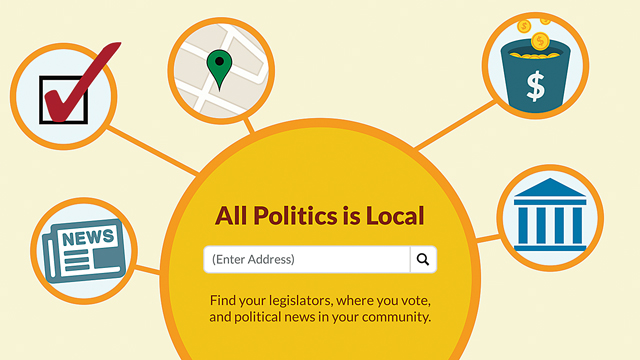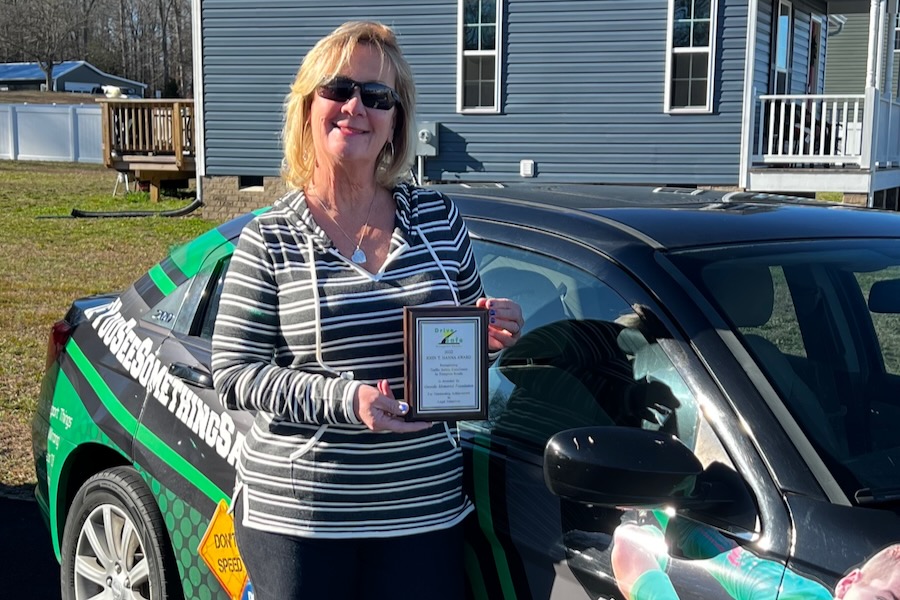As a sixth grader, my daughter has been studying civics in school this year. The start of a new presidential administration has provided an incredible learning opportunity for her and her classmates as they delve into the importance of our three branches of government and the system of checks and balances created by our founders.
We’ve seen cabinet secretaries and a Supreme Court justice appointed by the president, and then confirmed by the U.S. Senate. We’ve seen executive orders issued by the executive branch, and then challenged in the judicial branch. We’ve seen Congress pass a bill in the House of Representatives, and then send it on to the Senate.
Regardless of your partisan political views, watching our government in action is a pretty remarkable thing, and one we grown-ups too often take for granted.
As a civics nerd, I am excited to see increased citizen involvement in our country right now. I don’t have to agree with everything that is being said to believe our representative democracy is stronger when we all pay a little more attention to our elected officials, the decisions they are making, and how those decisions affect our families.
And that brings me to the next exciting opportunity we have to exercise our role as citizens and teach our kids the importance of taking citizenship seriously: Virginia’s 2017 fall elections. Virginia is one of only two states electing a governor this November (New Jersey is the other), as well as a lieutenant governor, and an attorney general. We also will elect all one hundred seats in the House of Delegates.
I realize it’s only June, but the Republicans and Democrats each hold their primaries on June 13. You can vote in either one (but not both on the same day). That means, of course, that the time to become an informed voter is now.
One of the best resources for one-stop, non-partisan voter information is the website of the Virginia Public Access Project (vpap.org). There you can enter your home address and find out immediately what district you live in and the names of your representatives in state government. With just a few clicks, you can learn all about the upcoming elections: who’s running for statewide office; who’s running for your House of Delegates seat; and where to vote.
Easy to navigate, vpap.org also provides information about campaign donations for each candidate and links to news articles about the candidates in your district so you can become an informed voter with minimal effort.
If you dig around on the site, you will find that many House races are uncontested. There has been an uptick in the number of Democrats wanting to challenge incumbent Republicans this year, and parties have until the primaries to add candidates, so additional candidates from either party might still emerge.
The fact that nearly half of the races (as of early June) do not offer voters a choice, however, is discouraging. The overall lack of competition stems from Virginia’s method of redistricting – the process that happens every ten years to determine voting districts and is controlled by the party currently in power. Most recently, Virginia’s districts were drawn to protect Republicans because they were in control of the General Assembly the last time the map was redrawn; the Democrats drew it in their favor when they were in control prior to that. To learn more about Virginia’s redistricting process and efforts to make it less partisan, you can visit the website of the organization, One Virginia 2021 (onevirginia2021.org).
The opportunities to engage as citizens of Virginia are abundant. In a future installment of Family Advocate, I will highlight some key issues affecting children in this year’s races. But for now, consider learning about the candidates in your district, and vote in the primaries on June 13. Be sure to take your kids with you so that they, too, can learn about the importance of civic engagement.




